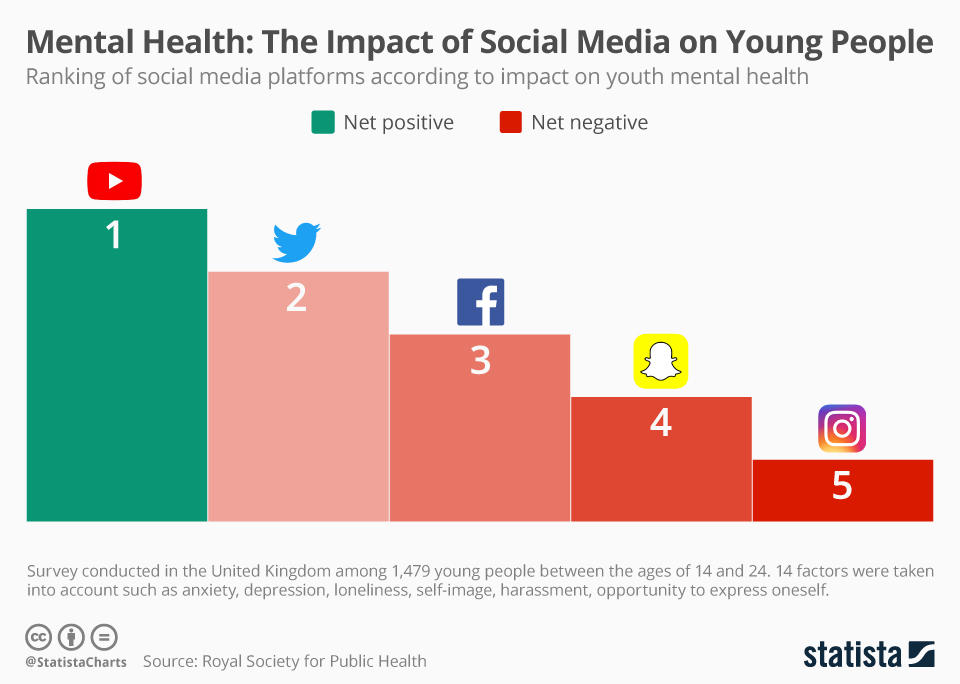In today’s fast-paced world, it’s not uncommon for many of us to skimp on sleep. Whether it’s due to demanding work schedules, endless to-do lists, or the allure of binge-watching our favorite TV shows late into the night, the importance of sleep often takes a backseat. However, understanding the science of sleep can shed light on why it’s crucial for our physical and mental health.
The Science Behind Sleep
Before we dive into the tips for better rest, let’s explore the science of sleep. Sleep is a complex physiological process that involves various stages and cycles. Understanding these stages can help us appreciate the importance of a good night’s sleep.
Sleep Cycles
Sleep is divided into several cycles, with each cycle consisting of distinct stages. The two main types of sleep are Rapid Eye Movement (REM) sleep and Non-Rapid Eye Movement (NREM) sleep.
NREM Sleep
NREM sleep has three stages:
Stage 1: This is the lightest stage of sleep, where you’re still somewhat aware of your surroundings. It’s the transition from wakefulness to sleep.
Stage 2: During this stage, your body temperature drops, and your heart rate and breathing become more regular. Your brain waves start to slow down.
Stage 3: This is the deep, restorative stage of sleep. It’s difficult to awaken from stage 3 sleep, and it’s essential for physical restoration and growth.
REM Sleep
REM sleep is the stage where most dreaming occurs. It’s characterized by rapid eye movements, increased brain activity, and temporary paralysis of the muscles, which prevents us from acting out our dreams.
These sleep cycles repeat throughout the night, with each cycle lasting approximately 90 minutes. As the night progresses, the duration of REM sleep increases, while deep NREM sleep decreases.
The Importance of Sleep
Now that we’ve explored the stages and cycles of sleep, let’s delve into why sleep is so crucial for our well-being:
Cognitive Function
Sleep plays a vital role in cognitive functions such as memory consolidation, problem-solving, and learning. It allows your brain to process and organize information from the day, making it easier to retain knowledge and make better decisions.
Physical Health
Getting enough sleep is essential for maintaining a healthy body. During deep sleep, tissue repair, muscle growth, and the release of hormones that regulate growth and appetite occur. Chronic sleep deprivation has been linked to an increased risk of obesity, diabetes, and heart disease.
Emotional Well-Being
Sleep also has a profound impact on our emotions and mental health. Insufficient sleep can lead to mood swings, irritability, and an increased risk of developing mood disorders like depression and anxiety.
Immune Function
Adequate sleep strengthens the immune system, helping your body fight off infections and illnesses. When you’re sleep-deprived, your immune system’s ability to respond to threats is compromised.
Now that we’ve established why sleep is essential, let’s move on to practical tips for improving the quality of your rest.
Tips for Better Sleep
Stick to a Sleep Schedule: Go to bed and wake up at the same time every day, even on weekends. This helps regulate your body’s internal clock and can improve the quality of your sleep.
Create a Relaxing Bedtime Routine: Engage in calming activities before bedtime, such as reading, taking a warm bath, or practicing relaxation exercises. These rituals signal to your body that it’s time to wind down.
Optimize Your Sleep Environment: Ensure that your bedroom is conducive to sleep. This means keeping the room dark, quiet, and cool. Invest in a comfortable mattress and pillows that provide proper support.
Limit Screen Time: The blue light emitted by smartphones, tablets, and computers can interfere with your body’s production of melatonin, a hormone that regulates sleep. Try to avoid screens at least an hour before bedtime.
Watch Your Diet: Avoid heavy meals, caffeine, and alcohol close to bedtime. These substances can disrupt your sleep patterns. Instead, opt for a light, healthy snack if you’re hungry before bed.
Stay Active: Regular physical activity can promote better sleep. However, try to finish your exercise at least a few hours before bedtime, as exercising too close to bedtime can have the opposite effect.
Manage Stress: High levels of stress and anxiety can make it difficult to sleep. Practice relaxation techniques, such as deep breathing or meditation, to calm your mind before sleep.
Limit Naps: While short power naps can be refreshing, long or irregular daytime naps can interfere with nighttime sleep. If you need to nap, keep it short and early in the day.
Seek Natural Light Exposure: Exposure to natural light during the day helps regulate your body’s sleep-wake cycle. Spend time outdoors, especially in the morning, to reinforce your circadian rhythm.
Consider Professional Help: If you consistently struggle with sleep despite trying these tips, consider consulting a sleep specialist. They can help identify and address any underlying sleep disorders.
Conclusion
Understanding the science of sleep and implementing these tips can significantly improve the quality of your rest. Sleep is not a luxury but a fundamental necessity for overall health and well-being. Prioritize your sleep, and you’ll find yourself feeling more alert, focused, and emotionally balanced, ready to tackle the challenges of each day. Sweet dreams!




